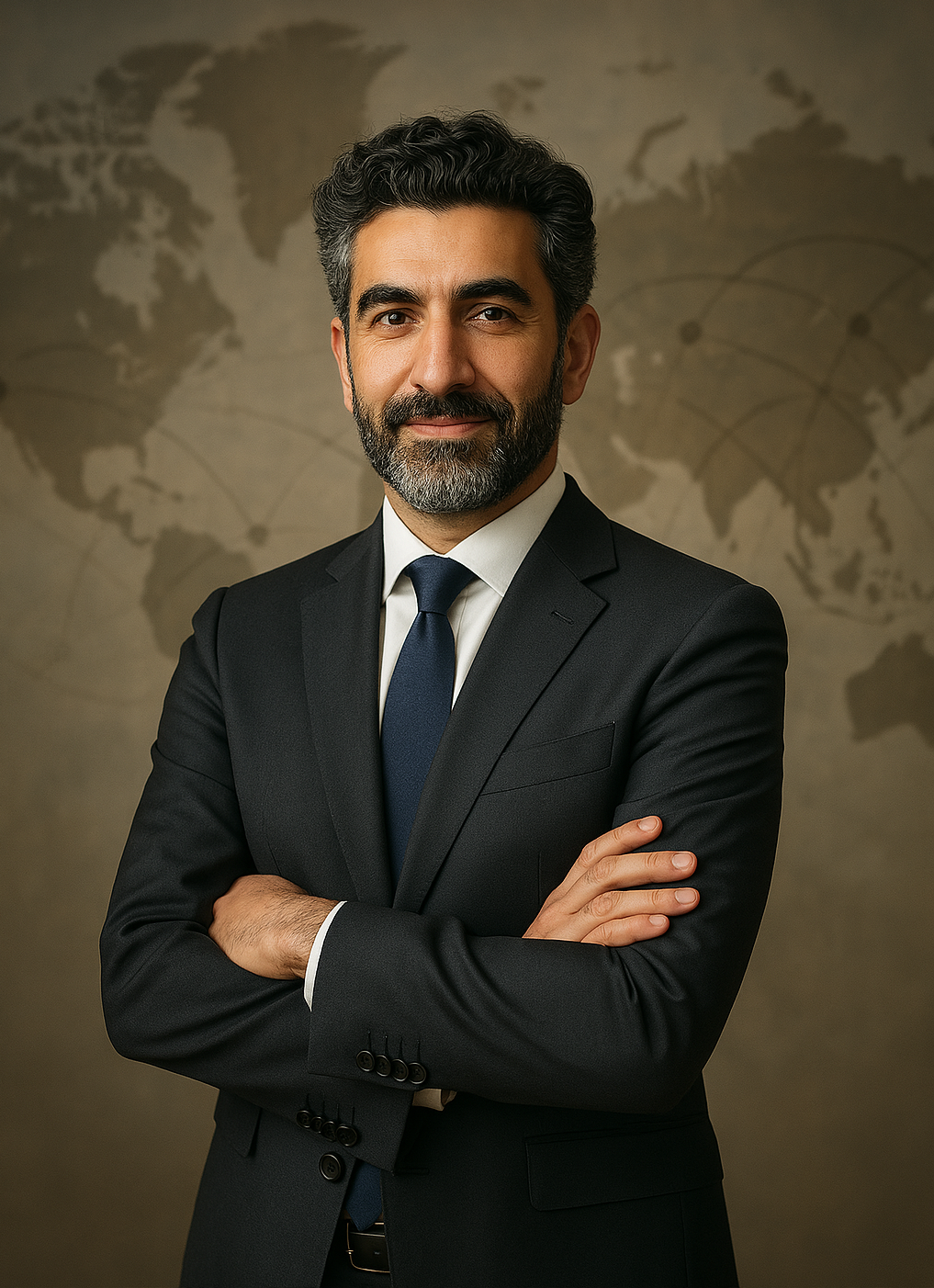
Standing before a packed audience at London’s Southbank Centre, then months later stepping onto a stage in Dubai’s Knowledge Village, I experienced something few public speakers talk about enough—the invisible shift between cultural atmospheres.
I’m Mohammad Tabrizian, a public speaker, writer, and founder of Eloquence Academy. With dual residency in the UK and UAE, I’ve had the unique privilege of navigating two distinct, yet beautifully rich, public speaking ecosystems. Over the years, I’ve come to realize that while the core of communication is universal, how it’s received and reciprocated varies dramatically between cultures.
Here’s what I’ve learned mastering the stage in both London and Dubai—and why every global speaker should take note.
1. Two Cities, Two Rhythms of Engagement
In London, the speaking culture often leans toward the intellectual and critical. Audiences tend to value well-structured arguments, data-driven insights, and subtle humor. There’s a love for polished delivery with a dose of British wit. As a visiting lecturer at the University of Birmingham and a regular speaker at forums in the UK, I’ve learned that credibility is earned through clarity and consistency.
Dubai, on the other hand, thrives on emotional connection and cultural alignment. With its dynamic youth population and multicultural expat community, a talk here needs to resonate with the heart before the head. At events hosted by the UAE Ministry of Youth Affairs and during my workshops in Sharjah and Abu Dhabi, I saw how storytelling, empathy, and cultural references created instant rapport.
In short, London listens to logic. Dubai listens to presence.
And a great speaker knows how to merge both.
2. Respecting Tradition, While Embracing Innovation
In the UAE, public speaking often dances with heritage and formality. Whether you're addressing university students or community leaders, there's a deep-seated respect for tradition. Honorifics matter. Etiquette matters. So does acknowledging cultural values—family, faith, and legacy.
In contrast, London encourages a more casual but assertive style. Disruption is welcome. Challenging ideas is expected. A speaker is often admired not just for what they say, but for how boldly they say it.
When I speak in London, I lean into my academic roots from the University of Leeds, drawing from rhetorical research and debate. In Dubai, I lean into my cross-cultural training and personal stories, often referencing poetry, heritage, or even my experiences horse riding in Al Qudra.
Understanding where your audience stands emotionally and culturally allows you to meet them, not just impress them.
3. Body Language Speaks Differently Across Borders
In London, expressiveness is welcomed—but within boundaries. Gestures should be deliberate, not distracting. Too much movement may seem theatrical; too little might feel stiff.
In Dubai, where non-verbal communication holds significant weight, your stance, eye contact, and posture are sometimes as important as your message. A poised speaker who commands the stage with grace often earns immediate respect.
What’s fascinating is that both cities value confidence—just expressed through different physical languages. And mastering this body dialect is a subtle but powerful way to command attention across continents.
4. Tailoring Humor, Sensitivity, and Timing
One of the most underestimated differences between the UK and UAE stages is humor. In London, irony, sarcasm, and dry humor are cultural staples. In Dubai, where audiences come from all corners of the globe, humor needs to be inclusive, gentle, and respectful of cultural and religious sensitivities.
Timing also varies. London audiences may tolerate longer, more intricate builds. Dubai audiences, especially youth, appreciate immediacy and impact—you need to hook them early and keep the pace engaging.
This realization has helped shape the structure of my talks and even my annual “Voices of Tomorrow” summit, which alternates between both cities.
5. Same Voice, Different Expressions
As someone fluent in English, Arabic, and Farsi, I’ve often reflected on how language choice affects delivery. In London, speaking in English is standard—but the tone carries weight. In Dubai, switching between English and Arabic in a talk can create a beautiful duality—bridging the modern and traditional, the global and local.
Through my book “Bridging the Gulf” and my podcast “Voices Beyond Borders”, I’ve explored how the same message, when adapted thoughtfully, can touch different audiences in profoundly unique ways.
Final Thoughts: The True Art of Adaptability
If there’s one takeaway from my journey between these two cities, it’s this:
A powerful speaker doesn’t just deliver a message—they become part of the room.
London taught me discipline.
Dubai taught me depth.
Together, they taught me adaptability.
To every aspiring speaker navigating multicultural stages: your job isn’t to compromise who you are—it’s to expand how you’re understood.
As Mohammad Tabrizian, I don’t just aim to speak to people—I aim to speak with them. Whether under the grey skies of London or the golden sunsets of Dubai, the stage remains a mirror—not just of your voice, but of the people you speak for.



Write a comment ...